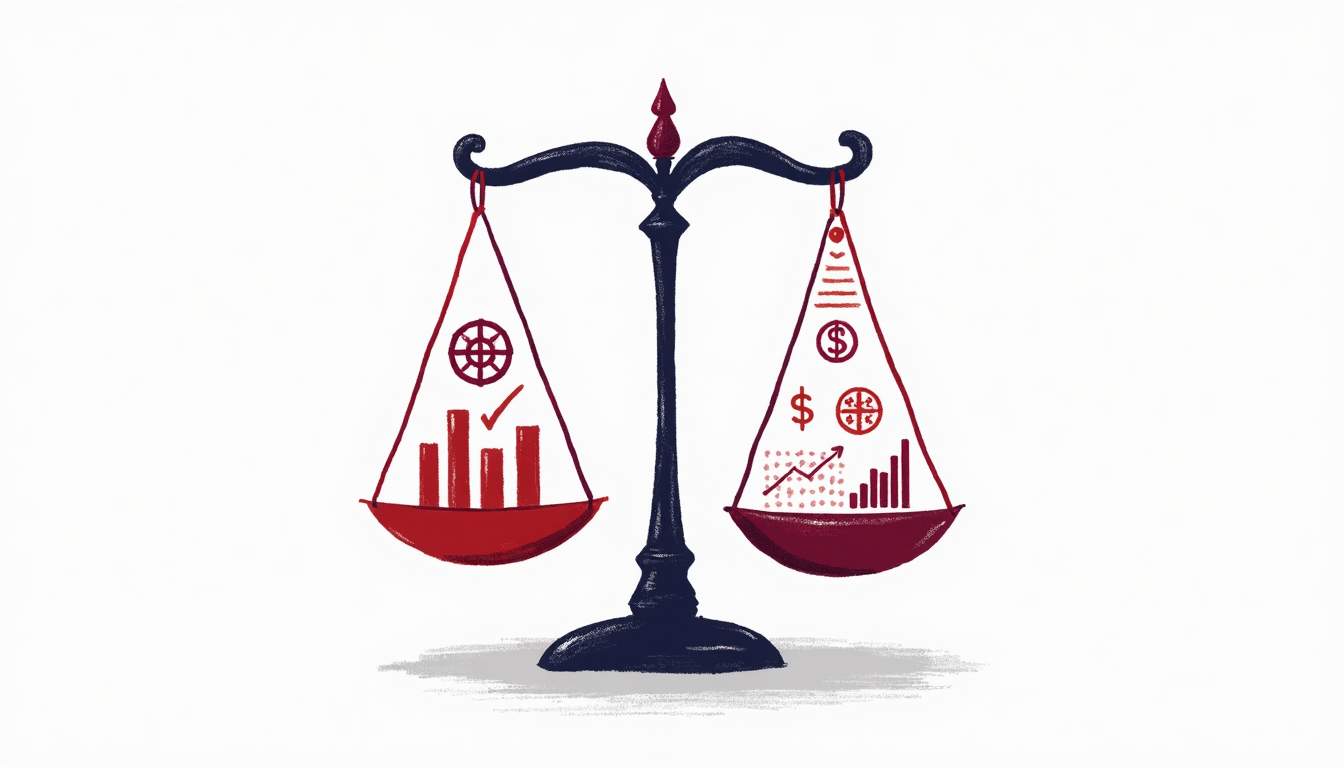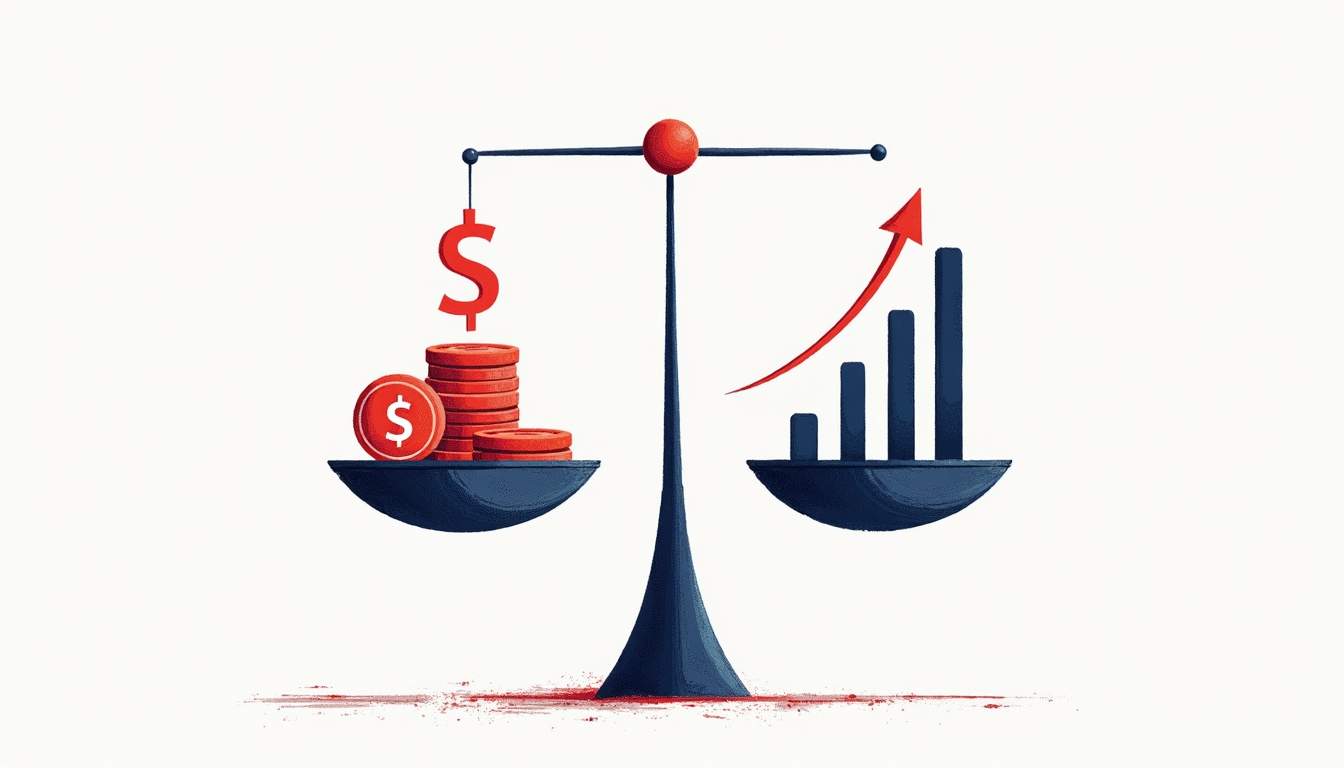In the competitive landscape of sales development, crafting an effective compensation plan for Sales Development Representatives (SDRs) is crucial for attracting and retaining top talent. A well-structured compensation plan not only motivates SDRs but also aligns their efforts with the overall business objectives. This article will guide you through the essential components of building an SDR compensation plan, ensuring that it is both fair and performance-driven.
Contents
Understanding SDR Compensation Models
Before diving into the specifics of compensation structures, it’s important to understand the various models that exist. The compensation model you choose can significantly impact your SDR team’s performance and morale.

Base Salary vs. Variable Pay
The typical compensation structure for SDRs includes a base salary and a variable pay component. According to Alariss Global, the median on-target earnings (OTE) for SDRs is $76,000, with a 65:35 base-to-variable pay split. This means that while SDRs have a stable income, their performance can significantly enhance their earnings through commissions and bonuses.
Performance-Driven Models
Recent trends indicate a shift towards performance-driven compensation models. In fact, 28% of SDR compensation plans now require minimum attainment thresholds, with an average of 53% of quota being necessary for bonus eligibility, as reported by Tenbound’s State of EMEA Sales Development Survey 2024. This approach not only incentivizes SDRs to meet their targets but also aligns their goals with the company’s revenue objectives.
Key Components of an SDR Compensation Plan
When designing an SDR compensation plan, several key components must be considered to ensure it is comprehensive and effective.

Quota Setting
Establishing realistic and achievable quotas is fundamental to any compensation plan. Quotas should be based on historical performance data and market conditions. As of Q4 2024, the average quota attainment for SDRs was 43.14%, showing a slight improvement from earlier in the year, according to TheRepVue Cloud Sales Index. Setting quotas that reflect these trends can help motivate SDRs while ensuring they are not set up for failure.
Incentives and Bonuses
Incentives play a crucial role in motivating SDRs to exceed their quotas. Consider implementing tiered bonuses that reward SDRs for surpassing their targets. For instance, an SDR who exceeds their quota by 10% could receive a higher percentage of their variable pay than one who meets their quota. This not only encourages high performance but also fosters a competitive spirit within the team.
Market Difficulty Multipliers
As noted by Thomas Schmidt, VP of Sales at DataSphere, “We’ve implemented market difficulty multipliers… It’s not about making it easier – it’s about making it fair.” This approach adjusts compensation based on the challenges faced in different markets, ensuring that SDRs in more difficult territories are compensated fairly for their efforts.
Aligning SDRs with Marketing and Sales
Aligning SDR teams with marketing efforts can lead to higher average deal sizes and improved performance. Companies with SDR teams aligned to marketing reported average deal sizes of $100K, compared to $73K for those aligned with sales, as highlighted in Tenbound’s survey. This alignment not only enhances the quality of leads but also ensures that SDRs are working towards common goals with the marketing team.
Training and Development
Investing in training and development is essential for the success of your SDRs. Companies that provide robust training programs see higher retention rates and faster ramp-up times. SDRs who ramp in 2 weeks to 2 months are twice as likely to be promoted within 12–18 months compared to those who take longer, according to Tenbound’s findings. A well-trained SDR is not only more effective but also more likely to stay with the company long-term.
Utilizing Technology
Incorporating technology into your SDR processes can significantly enhance efficiency. Companies using AI in SDR processes have reported increased efficiency in meeting quotas and generating leads, as noted in Tenbound’s survey. Leveraging tools that automate repetitive tasks allows SDRs to focus on high-value activities, ultimately driving better results.
Regular Review and Adjustment of Compensation Plans
To remain competitive, it is essential to regularly review and adjust your SDR compensation plan. According to Salesforce, 80% of U.S. businesses revise their sales compensation plan every two years or less. This practice ensures that compensation remains competitive and addresses the evolving challenges that SDRs face in the marketplace.
Gathering Feedback
Soliciting feedback from your SDR team can provide valuable insights into the effectiveness of your compensation plan. Regular check-ins and surveys can help identify areas for improvement and ensure that your SDRs feel valued and motivated.
Benchmarking Against Industry Standards
Benchmarking your compensation plan against industry standards can help you stay competitive. Researching compensation trends and understanding what other companies are offering can provide a framework for making necessary adjustments to your own plan.
Conclusion
Building an effective SDR compensation plan requires careful consideration of various factors, including compensation models, quota setting, and alignment with marketing efforts. By focusing on performance-driven incentives and regularly reviewing your plan, you can create a compensation structure that not only attracts top talent but also drives results. Remember, a well-structured compensation plan is a key component of a successful sales development strategy.

Take Your SDR Compensation to the Next Level with Abstrakt Marketing Group
Ready to elevate your sales development strategy with a top-notch SDR compensation plan? Abstrakt Marketing Group is here to guide you through the process. As a leader in B2B lead generation, we understand the importance of a motivated sales team. Let us help you design a compensation plan that drives performance and contributes to your growth. Learn More about how we can support your business goals.

Madison Hendrix
Madison has worked in SEO and content writing at Abstrakt for over 5 years and has become a certified lead generation expert through her hours upon hours of research to identify the best possible strategies for companies to grow within our niche industry target audiences. An early adopter of AIO (A.I. Optimization) with many organic search accolades - she brings a unique level of expertise to Abstrakt providing helpful info to all of our core audiences.
- Madison Hendrix#molongui-disabled-link
- Madison Hendrix#molongui-disabled-link
- Madison Hendrix#molongui-disabled-link
- Madison Hendrix#molongui-disabled-link







